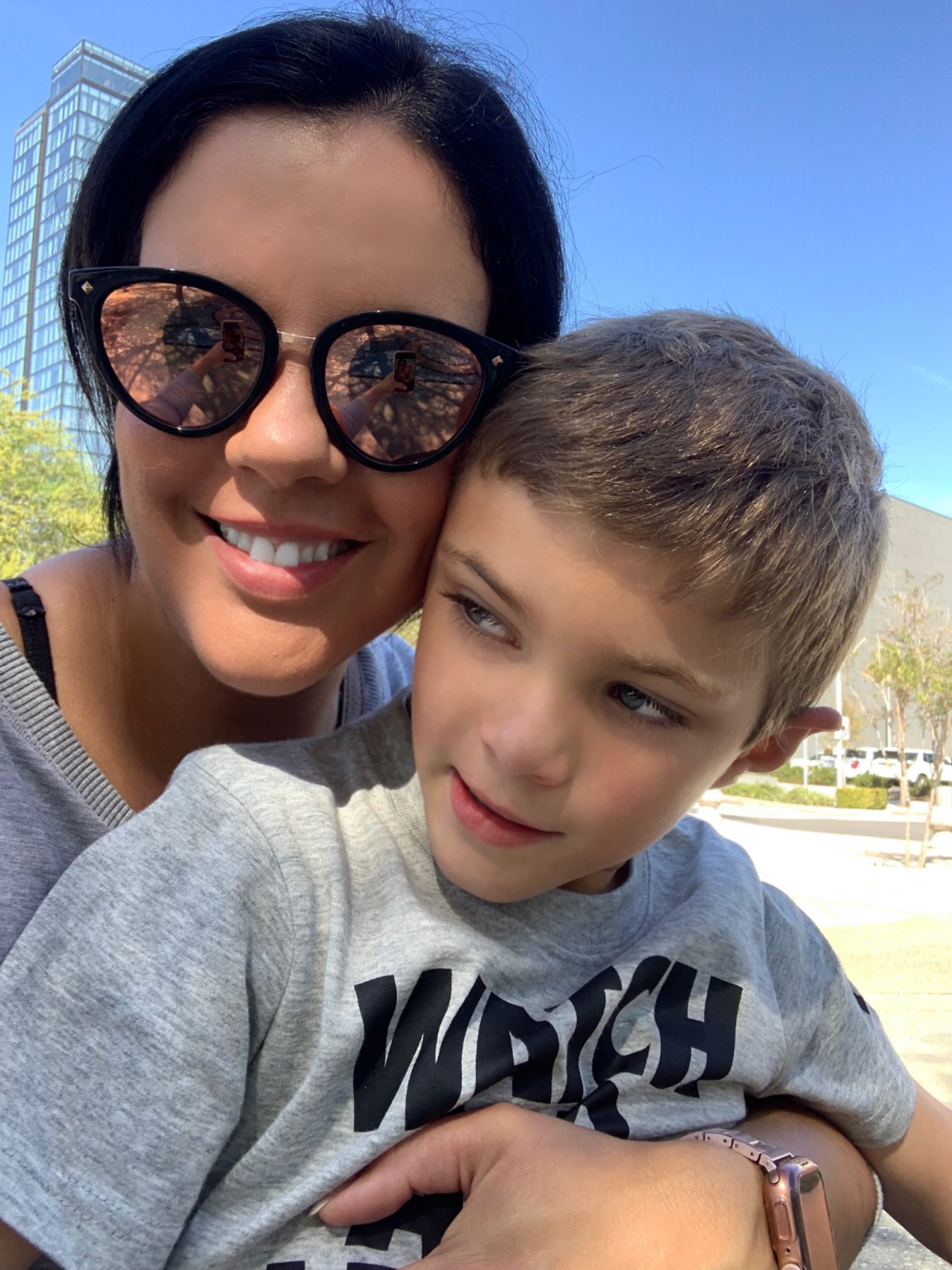Stress
Stress is a normal part of life, something that most people and most families experience. Families with autistic children can experience higher stress levels than other families. They might feel stress due to:
- accepting your child’s diagnosis, coming to terms with it and what it means for your child
- navigating day to day life, managing your life and that of your families with the demands and needs of your child/children
- explain to your typical (not autistic) child/children your autistic child’s behavior
- getting the services (therapies) they need, the doctor’s appointments, the evaluations, the waiting lists, finding the right fit for their schooling
- poor sleep, picky and disruptive eating habits
- challenging behaviors, some include hitting, throwing things, head banging or other forms of self-injury, repetitive behaviors, tantrums
- financial burdens
Parents of children with autism typically earn less and for the most part work less hours. Families struggle to pay for therapies that are not covered by health insurance or provided by schools. The bulk of the care if not all of the care usually relies on the mother. Which can make it very difficult for mother’s of autistic children to earn as much as mother’s of typical children.
Autism experts stress the importance of early intervention, so many families feel pressure to find the right combination of behavior, language, sensory therapies and school programs. With this comes an enormous amount of stress, anxiety and frustration. Which can lead to an overwhelming sense of guilt, failure, helplessness, loneliness. It can be consuming at times.
Women in general experience more stress when it comes to being a parent of an autistic child. Mother’s tend to be the primary caregivers to their children and are often more emotionally invested in regards to their children’s care. Practicing mindfulness is a great way to cope with stress. What does being mindful look like? Accepting your anxiety, your frustration. Not fighting your feelings and learning how to channel them. It may be through breathing and relaxation techniques, meditation, and exercise. Let’s say your child is having a meltdown in the store. First you realize and accept your anxiety and frustration, then you focus on how to respond to his meltdown, without letting your thoughts about the stares of other shoppers affect your decision-making.
Another potential stress reducer is practicing acceptance. Parents who accept where their child is today seem to do better overall. Unlike some other developmental disabilities, autism carries with it stories of “recovery”. The possibility of losing an autism diagnosis, usually through intensive therapies, creates a sense of hope for some families. But it also can fuel stress: some parents may pack therapies into every minute and worry that their child isn’t improving quickly enough. Focusing on the present can help. Parents who do best are the ones who can celebrate each achievement and developmental gain as it occurs, and who aren’t focused on where they feel like their child needs to be. Practicing being ‘in the moment’ versus measuring progress against some ideal outcome.”
I can bare witness and give my testimony that everything in this article is true. I live it every day. No matter the amount of stressors in our lives, we can choose how to react. We can choose to not stay stuck in the whirlwind of emotions. It can feel like we are in the middle of a tornado and have nowhere to seek shelter. It’s ok to stop and channel our emotions and just feel. Feel the anxiety, the pain, the worry, the guilt…but it’s not ok to stay there. We are all united in this world one way or another. We can find connection through human connection. By sharing our stories and voicing our feelings. That is what we are so desperately trying to do here at the Robert Norton Foundation. By giving children a voice, our hope is to help our son, your child to connect with you and the outside world. Help us give kids a voice.



No Comments